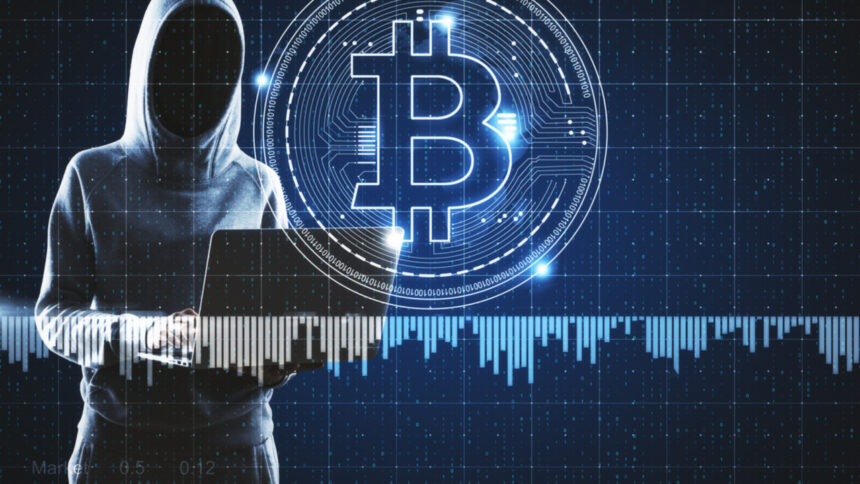In the recent hack of Coinbase, the largest cryptocurrency exchange in the United States, has raised serious concerns among cryptocurrency investors in the UAE. The incident exposes vulnerabilities in centralized exchanges, urging investors to rethink their approach to digital asset security.
The cybersecurity breach, hackers infiltrated Coinbase’s internal systems by bribing outsourced customer support agents. This manipulation of insiders granted access to administrative tools, compromising the personal data of approximately one million users. Roughly one percent of Coinbase’s global user base. The exposed information includes sensitive data such as names, email addresses, phone numbers, masked banking details, and government-issued ID images.
Despite the breach, Coinbase assured that user passwords, private keys, and funds stayed secure and did not get directly affected. The attackers reportedly demanded a $20 million ransom to prevent the leakage of the stolen data. Coinbase refused to comply, instead alerting law enforcement authorities. The company has since terminated the employees involved and is cooperating with authorities to mitigate the breach’s impact. Coinbase promised to reimburse affected customers who have tricked into transferring funds. Promising with total remediation costs estimated to range between $180 million and $400 million.
Also Read: US Stock Market Rebound Faces Slowdown Amid Economic Uncertainty
Wake-Up Call for UAE Investors
Rayad Kamal Ayub, a cybersecurity expert and managing director of Rayad Group, described the breach as a wake-up call for investors in the UAE and the broader MENA region. Ayub emphasized that cryptocurrency adoption in the UAE has surged, with the region accounting for 7.5% of global crypto transaction volume between July 2023 and June 2024. Totaling an estimated $338.7 billion in on-chain value. With such a significant portion of global crypto activity concentrated in the UAE, Ayub warned that many users could be at risk if exchanges fail to strengthen their internal security protocols.
He also pointed out the growing concerns about bad actors targeting vulnerable investors in the region. “The UAE is seeing rapid growth in cryptocurrency adoption, but it’s important to note that with this growth comes the risk of exploitation,” Ayub said.
Coinbase Insider Threats Exposed
The breach reveals that insiders, especially when third-party vendors are involved, are growing threats. Dr. Zohaib Zaheer, a cybersecurity consultant and blockchain analyst, echoed this sentiment, noting that even major exchanges like Coinbase are not immune to such risks. Zaheer, who previously worked on a project related to Coinbase, urged UAE investors to take additional security measures. “Don’t rely solely on platform security. Use hardware wallets, enable two-factor authentication (2FA), and remain vigilant against scams. It’s clear that internal controls and oversight are no longer optional but necessary,” he advised.
Coinbase Investor Confidence Shaken
The breach has shaken investor confidence in the UAE, especially given that it follows Bybit’s $1.5 billion hack earlier this year. Ijaz Awan, a prominent crypto trader and YouTube channel host, pointed out the growing unease among investors. “After the Bybit hack, this Coinbase breach is another blow to user confidence. Many investors are now questioning the safety of their funds, and it’s clear that exchanges must strengthen their security measures to regain trust,” Awan stated.
Read More: UAE’s FinTech Ecosystem Thrives on Ease of Doing Business and Access to Regulators
Calls for Stronger Regulations and Security Measures
The hack has reignited calls for stronger regulations and better security infrastructure in the UAE’s crypto sector. Obaidullah Kazmi, founder and CTO of Credo Technology Services, emphasized that while Coinbase’s core systems remained unaffected, the attack through outsourced customer support staff underscored the risks posed by insider threats and third-party vendors. Kazmi suggested that exchanges need to rethink their security models, advocating for Zero Trust architectures, identity-centric controls, and continuous monitoring.
In an industry where trust is paramount, Kazmi highlighted the need for exchanges to go beyond traditional security measures and adopt proactive, internal resilience. “Regulations will help, but real security starts from within,” he said.
Mohammad AlKaff AlHashmi, founder of Haqq Chain, also stressed the importance of enhanced internal safeguards. He pointed out that Know Your Customer (KYC) processes are crucial for compliance, but also for securing sensitive data. “It’s about who you hire, how they’re trained, and what they can access,” AlHashmi stated. He also said that compliance should be paired with robust security standards that treat identity as a digital asset.
Conclusion
Cryptocurrency continues to gain popularity in the UAE, the Coinbase hack serves as a stark reminder of the vulnerabilities inherent in centralized exchanges. For UAE investors, the breach underscores the need for vigilance and enhanced security practices. While regulatory measures may help safeguard the industry, experts agree that the responsibility lies with exchanges to implement stronger internal controls and security protocols to protect user data and restore investor confidence.
Follow 10X Times for more business news.






